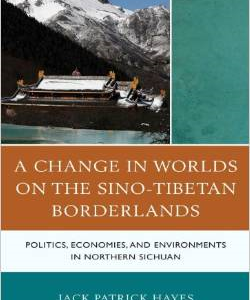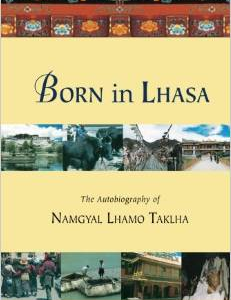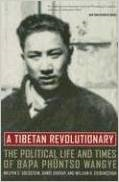Description
The status of reasoning and formally stated philosophical proofs is a fundamental problem in the Madhyamaka philosophy of India and Tibet, one which became a decisive criteria dividing the two major later sub-schools of Nagarjuna’s tradition. The present work investigates the critique of the so-called autonomous proofs(svatantra) by two major exponents of the Prasangika sub-school of the Madhyamaka in India and Tibet, Candrakirti (ca. 600-665) and Tsong kha pa (1357-1419). Candrakirti initially developed his critique in the Prasannapada, his highly influential commentary on Nagarjuna’s basic treatise. In Tibet, Tsong kha pa was one of the most important interpreters of Candrakirti, and he substantiated his own Madhyamaka views in an original but in many ways convincing manner. His treatment of this critique is an important and highly characteristic example of his approach and work. Inhalt: Tsong kha pa’s Unique Understanding of Selflessness – Tsong kha pa’s Method of Demonstrating Selflessness – The Meaning of the Term Svatantra – Candrakirti’s Critique of Svatantra-reasoning in the Prasannapada – Tsong kha pa’s Critique of Svatantra-reasoning in the Lam rim chen mo and the Legs bshad snying po – Table of the Discussions of Svatantra-reasoning What makes this study especially valuable is above all the author’s critical analysis of the contents of each discussion by Candrakirti and Tsong kha pa. [a] Yotsuya really deserves the gratitude of scholars for the publication of this elaborate worko Indo-Iranian Journal.






Reviews
There are no reviews yet.